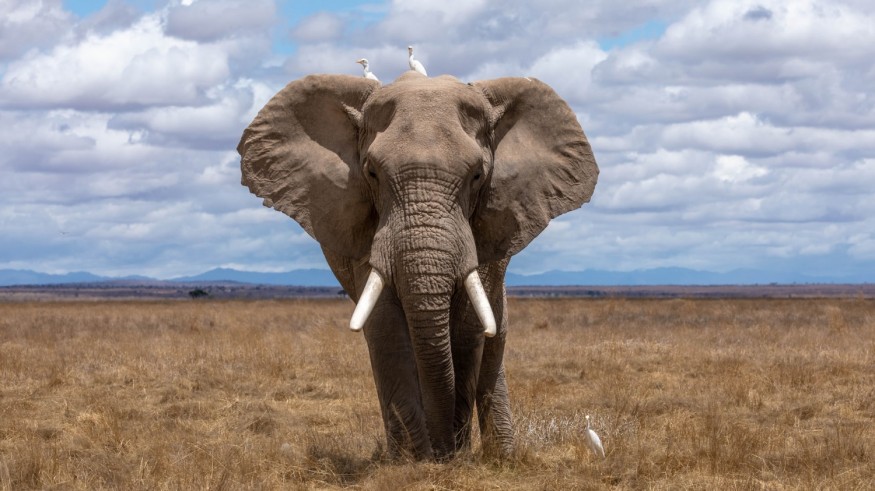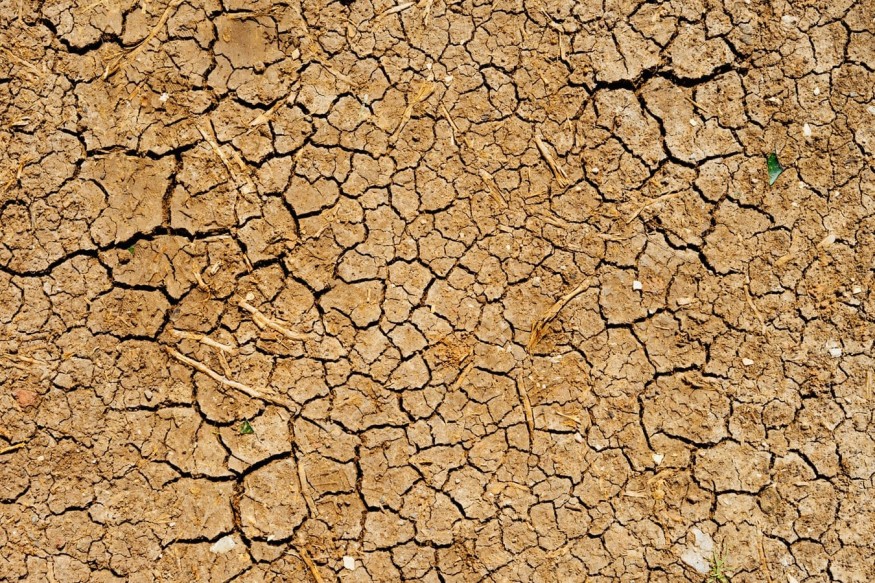
At least 55 elephants have died due to the water crisis in Zimbabwe's largest national park since September, according to the spokesperson of the country's wildlife agency.
Although the majority died from starvation and dehydration, some are killed by humans for wandering into the surrounding communities of the Hwange National Park while looking for food and water, said Tinashe Farawo, the spokesperson of Zimbabwe's Parks and Wildlife Management Authority.
Due to the drought, some elephants have to travel for long-distance and ended up invading human territories.
But at least 20 people have died from the encounter, Farawo added. Most of these were mauled while trying to drive away from the elephants.
Farawo said that the severity of the drought was so intense that they have to dig boreholes deeper just to get water from the underground.
Conserving elephants... by selling them?
Farawo expressed his frustrations against conservationists for hindering them from selling elephants. According to him, the earnings can be used as funds to feed and raise the growing population of elephants.
The park can only cater up to 15,000 elephants, but Farawo claimed that it is currently housing 50,000.
Zimbabwe's government was previously criticized for its plan to sell elephants to increase the fund of the park. In May, a report said that Zimbabwe earned $2.7 million for exporting 90 elephants to China and Dubai.
Earlier this month, Advocates4Earth, a wildlife conservationist, file a case against the government for trying to export 35 baby elephants to solve the water problem. The director, Lenin Chisaira, claimed that the water crisis is not enough reason to justify the action.
Instead, Chisaira blamed the growing mining operations in Hwange for contaminating water sources and reducing grazing land, leaving the elephants vulnerable. The government allowed this so they are part of the reason to be blamed, he also added.
Drought in Zimbabwe...

The El Niño crisis in Zimbabwe started as early as October of the previous year.
In September this year, at least 1 million citizens were left without tap water after the main water treatment in the country's capital, Harare, got shut down. The absence of funds for water-purifying chemicals was the main reason, according to Herbert Mupamaonde, deputy mayor of the capital.
The United Nation's food agency reported that this crisis was affecting at least 2 million people. For that, the government and the UN branch in Zimbabwe appealed to other countries for financial assistance worth of $31 million.
© 2025 NatureWorldNews.com All rights reserved. Do not reproduce without permission.





